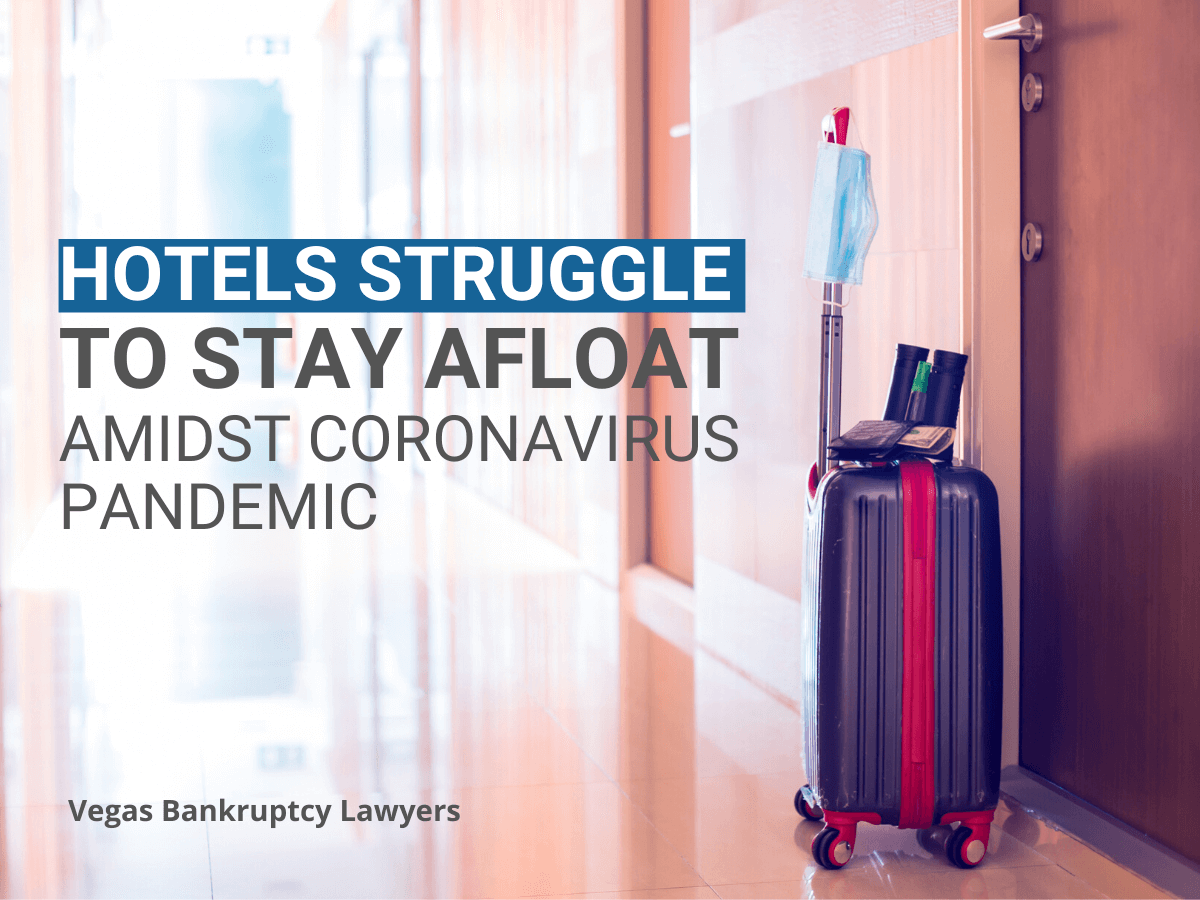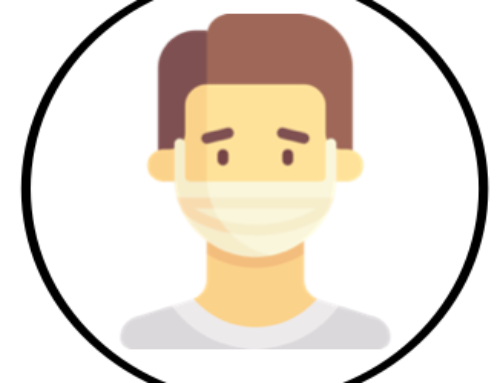Hotels Struggle to Stay Afloat Amidst Coronavirus Pandemic
Since the middle of March 2020, the world has taken unprecedented measures to stop the spread of COVID-19. Gatherings of 10 or more are outlawed almost everywhere, and people are advised to stay at least 6 feet away from one another. Many hotels are open simply to provide medical workers with a (sometimes free) place to stay. This, combined with increased sanitation procedures and protective measures for staff, has made operating a hotel nearly impossible. On top of that, almost all travel and conventions have been canceled. Even with government assistance to survive the financial impact of quarantining, many hotels won’t survive much longer and will certainly file for bankruptcy.
Prior to the spread of coronavirus, travel was a large contributor to the United States economy. In 2017, 7.8 million American jobs were in this industry and it brought $1.6 trillion into the economy. Many of these workers have now been laid off or furloughed as businesses try to cut costs.

To help businesses that are struggling during the pandemic, American lawmakers passed the Coronavirus Aid, Relief and Economic Security (CARES) Act. It allows small businesses to take out loans to continue paying their staff, some of which can be forgiven.
For hotels that can’t be saved by the CARES Act benefits alone, filing bankruptcy may be an option. They will have two options: Chapter 7, or Chapter 11 bankruptcy. Chapter 7 liquidates debts and the company (and company owners) are no longer responsible for them. No debts are repaid in a Chapter 7, with a few exceptions. The business has to shut down if it files Chapter 7.
Chapter 11 Bankruptcy Option
The other bankruptcy option for hotel owners will be Chapter 11. Chapter 11 bankruptcy is a business reorganization typically only used by larger businesses as it is more complicated and expensive than a Chapter 7. There is no standard time frame for a Chapter 11, but they are almost always longer than the 3-5 months a Chapter 7 typically takes. The business owners will surrender decision-making power to a panel of its top creditors but continue running the business.
Hotels that do remain open will have to follow strict standards now that stay-at-home orders are being loosened. Minibars and continental breakfast will likely be a thing of the past, with customer pickup options replacing them. Hotels have to wait a certain amount of time after checkout to book a room again. Hotels may even be required to take customers’ temperature upon check-in. These stringent procedures will inevitably make running a hotel more expensive. Hotels may not have the market advantage to raise hotel prices in line with the additional precautions.
This COVID-19 pandemic is sure to not only change the culture of staying in hotels but it also may change the face of which hotels are financially stable enough to survive. With such precipitous drops in reservations, many will be forced to seek some form of Las Vegas debt relief. The same is going to be true for many couples and individuals throughout the country. The last months have not been kind to the majority of America’s work force and many may be seeking similar debt relief options as the aforementioned hotels. If you are seeking an experienced bankruptcy or debt relief attorney in Las Vegas, you can contact The Law Office of Erick Severino for more information about how to financially put this Pandemic behind you.
The Law Office of Erik Severino
Vegas Bankruptcy Lawyers
7251 W Lake Mead Blvd
Las Vegas, NV 89128
Phone : (702) 370-0155
Email: [email protected]
Website: https://lasvegasbankruptcylawyer.co/
















